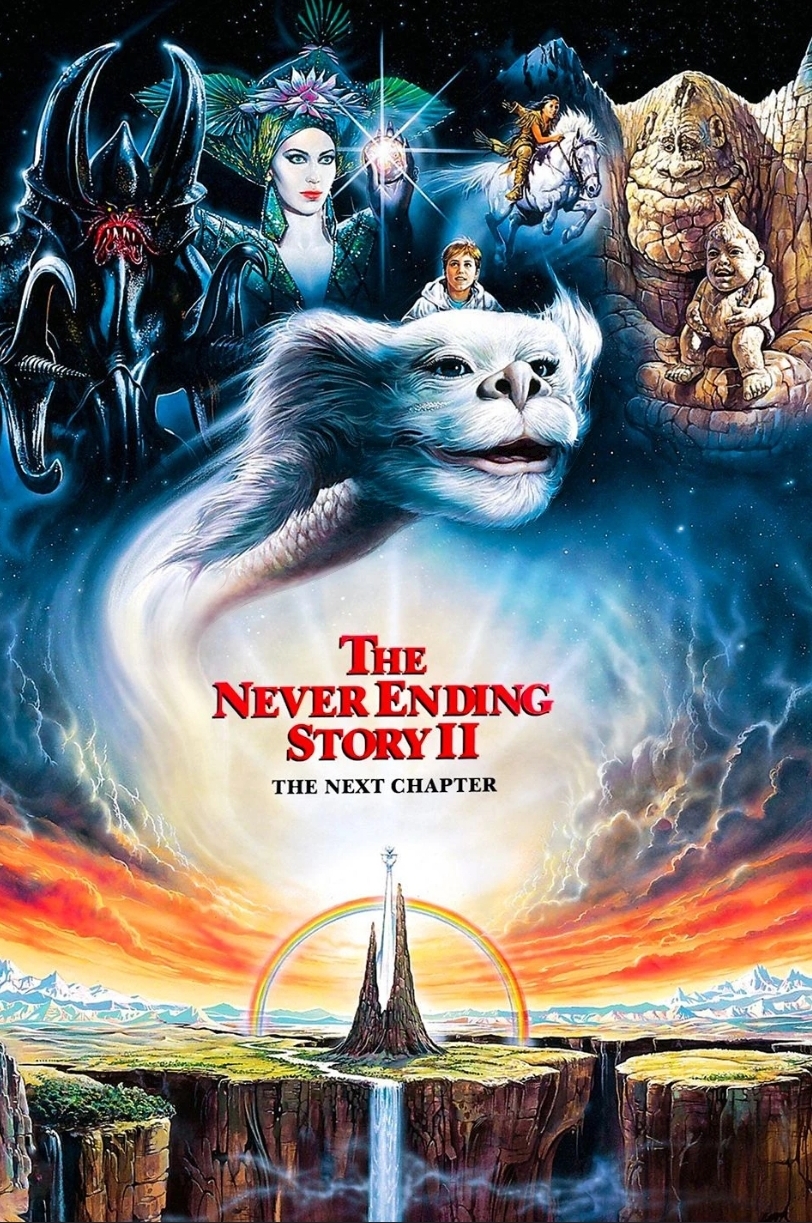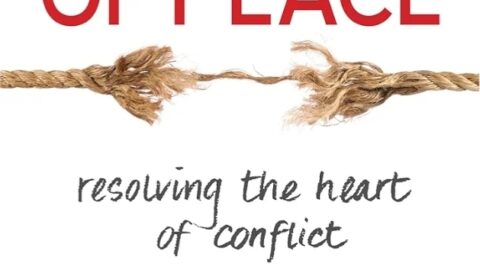Authors Note – The article is a follow-up to the first installment of The NeverEnding Story: How It Applies Today
In The NeverEnding Story II: The Next Chapter, the concept of wishes and their unintended consequences plays a central role, offering a profound allegory about the dangers of hedonism, memory loss, and ultimately, a nihilistic mindset.
Hedonistic Wishes and Their Impact
The Power of Wishes:
- In the film, Bastian gains access to a magical item called the Auryn, which grants him the ability to make wishes. However, each wish comes with a significant cost: it erases a part of his memory.
- While initially enticing, the more Bastian indulges in the ability to wish for what he desires, the more he loses pieces of who he is. His identity, rooted in his memories, begins to fade.
Hedonism and Its Consequences:
- The film reflects how chasing momentary pleasures (hedonistic wishes) leads to the depletion of one’s deeper self.
- By focusing solely on satisfying immediate desires, Bastian neglects the long-term impact, paralleling how a hedonistic lifestyle in reality can erode a person’s sense of meaning and purpose.
- Each wish represents an impulsive, short-term solution or gratification that further distances him from his core values and memories.
The Creation of the Nothing
Nihilism Manifested:
- The Nothing, a destructive void, represents the loss of meaning and purpose that comes with forgetting one’s true self.
- As Bastian loses more of his memories, he becomes less connected to his past, family, and values. This mirrors how indulgence in fleeting pleasures can strip individuals of their grounding, leading to feelings of emptiness and nihilism.
The Nothing and Society:
- On a broader level, the Nothing symbolizes the cultural and societal impact of chasing pleasure for its own sake. When societies prioritize consumerism, instant gratification, and materialism, they risk losing their collective memory and sense of identity, descending into a state of meaninglessness.
Parallels to a Nihilistic Mindset
The Loss of Memory Equals the Loss of Self:
- In the film, memory symbolizes wisdom, experience, and identity. As Bastian’s memories vanish, he becomes increasingly disconnected from reality and his loved ones.
- Similarly, in real life, when people focus solely on pleasure and avoid meaningful pursuits, they risk losing touch with what makes life purposeful.
Nihilism as a Consequence of Excess:
- Hedonism, while initially enjoyable, leads to a lack of fulfillment over time. This emptiness can breed a nihilistic mindset, where nothing seems to matter, much like how the Nothing in the story erases everything in its path.
- This aligns with the philosophical concept that unbridled pleasure-seeking often results in dissatisfaction, as humans require deeper meaning and purpose beyond material or sensory indulgences.
How to Resist Nihilism
Rediscovering Purpose:
- In the film, Bastian ultimately learns the importance of remembering who he is and what truly matters. By reconnecting with his memories, he regains his sense of purpose and overcomes the destructive pull of the Nothing.
- This reflects the need for individuals to focus on meaningful pursuits, such as relationships, personal growth, and contributing to something larger than themselves.
Avoiding Hedonism:
- The story serves as a cautionary tale about the dangers of chasing pleasure without regard for the consequences. True fulfillment comes from balance—valuing life’s joys while staying rooted in responsibility and purpose.
Building Resilience:
- Just as Bastian resists the Nothing by reclaiming his memories, individuals can combat nihilism by grounding themselves in values, community, and faith, creating a framework for meaning and resilience.
The NeverEnding Story II warns against the dangers of hedonistic living and the pursuit of pleasure at the cost of self-awareness and memory. The depletion of memory symbolizes the erosion of identity and meaning, leading to the nihilism embodied by the Nothing. By reclaiming purpose and focusing on meaningful connections, individuals can resist the pull of emptiness and lead a more balanced, fulfilling life.






